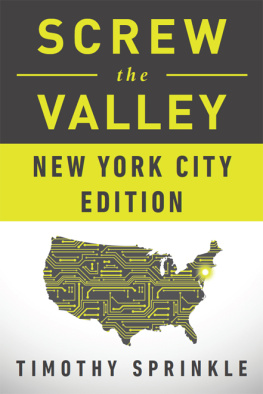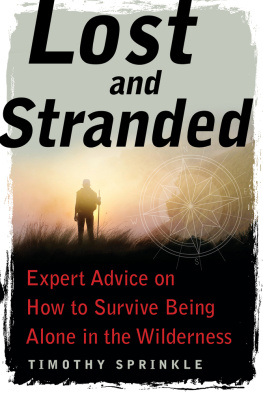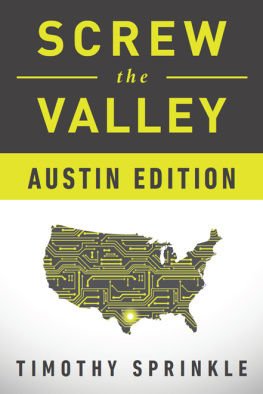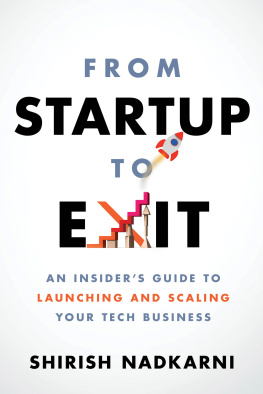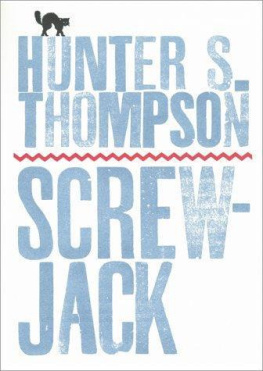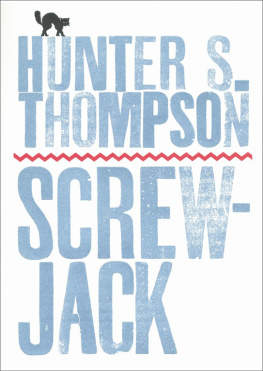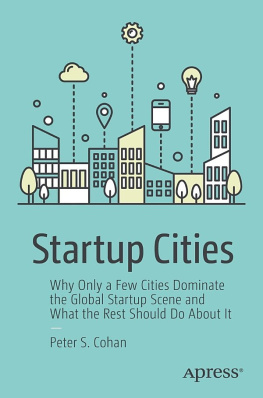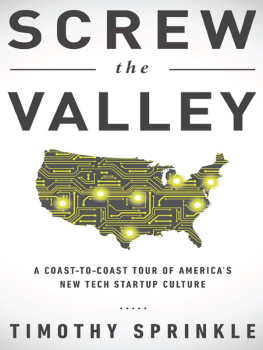Copyright 2015 by Tim Sprinkle
All rights reserved. No part of this book may be used or reproduced in any manner whatsoever without written permission except in the case of brief quotations embodied in critical articles or reviews.

BenBella Books, Inc.
10300 N. Central Expressway
Suite #530
Dallas, TX 75231
www.benbellabooks.com
Send feedback to feedback@benbellabooks.com
First E-Book Edition: July 2015
e-ISBN: 978-1-941631-94-2
Editing by Erin Kelley
Cover art and design by Pete Garceau
Text design by Publishers Design and Production Services, Inc.
Text composition by Aaron Edmiston
Distributed by Perseus Distribution
www.perseusdistribution.com
To place orders through Perseus Distribution:
Tel: (800) 343-4499
Fax: (800) 351-5073
E-mail: orderentry@perseusbooks.com
Significant discounts for bulk sales are available. Please contact Glenn Yeffeth at glenn@benbellabooks.com or (214) 750-3628.
Contents
To learn more about New York City and other great startup cities around the country, purchase Screw the Valley: A Coast-to-Coast Tour of Americas New Tech Startup Culture
M ICROSOFTS NEW YORK CITY OFFICE is in Midtown, not far from Radio City Music Hall and the NBC studios at Rockefeller Center. Its a sleek, modern space on one of the buildings upper floors, highlighted by walls of windows, long straight hallways, and the well-known red-green-blue-yellow color scheme from Microsofts logo played out in everything from artwork motifs to carpeting. The lobby downstairs is marblewhite walls, gray floorwith vertical lighting and soaring, twenty-foot ceilings.
And for the monthly meeting of Ultra Light Startups, one of the oldest startup-investor pitch meetups in the city, the office space is packed to the gills. There are probably 300-plus entrepreneurs, investors, and other technology pros in the Microsoft auditorium when I arrive, all there to hear from a handful of founders and VCs and to debate the latest-and-greatest in digital currency innovations. The nights discussion is centered on bitcoin and the New Yorkarea startups that are working to make sense of the fast-emerging digital currency.
So heres what were going to be seeing, explains Graham Lawlor from the podium. Lawlor is the founder of Ultra Light Startups as well as BrightMap, a service that leverages technology to connect event MCs and potential sponsors. Prior to founding this series of startup pitch events, he spent a decade as an IT project manager in the financial services industry, including positions with UBS and Deutsche Bank. He continues, Youll hear pitches from nine startup companies, all of which are built with or for bitcoin in some way. Once we hear from them, well hold the contest and give out prizes to the winners.
Standard stuff. But the interesting thing about this particular event is that its bringing together several different parts of the New York City economy. There are tech enthusiasts and startup watchers here, to be sure, but there are also representatives from the financial services industryattracted by the focus on a digital currency that at the time was poised to shake up the business of money managementmedia representatives, and a variety of non-tech investors. At first, that might seem pretty unique. But the ability to access multiple industries and bring them all together in one room is a hallmark of the New York business world, and is one oft-cited advantage that the city offers its startup founders. Since the region is home to so many different companies in so many different sectorsjust about every firm of note has a New Yorkarea office, even if their headquarters and primary businesses are far away from Manhattanits not difficult to reach out across industries when looking for new clients or potential partners. Want to sell your product or service to the fashion industry? Great, everyone you need to talk to essentially works within in a few square miles of Midtown. Want to expand your financial technology business beyond the banks and mutual funds? No problem, there are dozens of other industries to reach out to in the city, all just a subway ride away. Its that whole crossroads of the world effect in action, and it can make life a good bit easier for growing startups.
Afterward, Lawlor explains to me that the New York startup ecosystem has been on a strong growth trend since about 2008, as evidenced by the large crowd that came out for the Ultra Light Startups event on bitcoin. (And his events are not alone in this, by the way. The New York Tech Meetup is generally considered to be the largest meetup group in the world with some 33,000 members.)
I would say there was something of a dead period for startups [in New York] probably about after the tech bubble burst from 2000 to 2001, he says. And back then, there really wasnt a startup community at all. It was all very, very limited. You know, if you told people back then that you were involved in startups youd get a lot of blank stares. The attitude was kind of, wasnt that over in 2000 when the bubble burst?
Thats all changed now, Lawlor says, with growth happening in both the number of overall startups in the city (counting all five boroughs) as well as the number of people founding companies and working for them:
Everything is growing. The number of investors, the number of angels, the numbers of VCs, the number of local VCs as well as the number of outside VCs that are opening offices in the city. Theres also more diversity in the set of startups and the projects that theyre working on and the sectors that theyre working in.
Not surprisingly, given these various trends, he is very optimistic about the citys long-term prospects.
I think its entirely possible that [New York City] could even overtake Silicon Valley at some point as a hub for startups, he says, just because the city is bigger and the economy is bigger. And if tech grows in parallel with the size of the economy, then it will be. I think a lot of it is driven by the size of the city itself and the size of the economy. Tech is a trend thats just going to span everything. I think its kind of inevitable. Big cities are hubs of economic activity, so just by virtue of the fact that New Yorks as big as it is, its almost inevitable [that entrepreneurs will play a major role in the citys economic future]. Every big city is going to be this way.
As far as technology is concerned, New York City is already in the big time.
In fact, the city ranks behind only the Bay Area itself and Boston-Cambridge in terms of metro areas by venture capital investment, according to the National Venture Capital Association, with more than 8 percent of the overall VC market and 10 percent of the deals as of 2013. And the New York City startup ecosystem is massive, easily dwarfing every other metro area that I visited as part of this project in terms of number of startups, amount of venture funding, numbers of mentors, and support organizations.
The fact is, startup life in New York is intense. While its easy to see the appeal in many other cities (including the Bay Area) where success seems within reach if you have a novel idea and the right kind of business sense to make it happen, entrepreneurs who set up shop in Americas largest city are cut from a different cloth, given all of the challenges that come with doing business there. Its expensive, its competitive, the market is crowded, and no matter what youre doing, theres a good chance the city has seen it all before and is far from impressed with your latest version.
In short, its New York.
But, across the board, the citys entrepreneurs dont see it that way. When they look at New York Citythe massive, overwhelming, challenging, hyperactive city that it isthey dont see the same hurdles and challenges that I do. All they see are the opportunities that being in this city at this time in history affords them.
Next page
